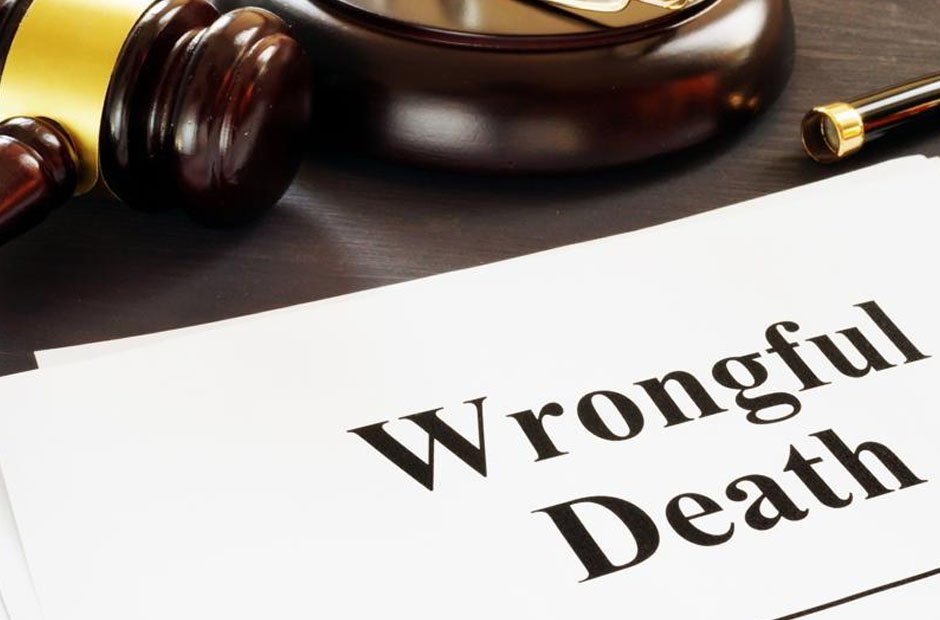When it comes to wrongful death cases, compensatory damages are often categorized into two main types: economic and noneconomic damages. Understanding the differences between these two forms of compensation is essential for families seeking justice after the loss of a loved one due to another’s negligence or wrongful act.
Economic Damages
Economic damages, sometimes referred to as “special damages,” represent the financial losses that can be calculated or quantified due to the wrongful death. They encompass a wide range of monetary expenses and losses related to the incident.
Types of Economic Damages
- Medical Expenses: Costs for the medical care the deceased required as a result of the wrongful act before passing.
- Funeral and Burial Expenses: The costs associated with funeral services and burial or cremation.
- Loss of Income: This includes both the income the deceased would reasonably have earned had they lived and the financial support they would have provided to dependents.
- Loss of Inheritance: The potential savings and inheritance that the deceased would have accumulated.
- Loss of Benefits: Any benefits such as medical coverage or pensions that the loved ones would have received.
Calculating Economic Damages: Calculations for economic damages typically involve gathering documentation such as medical bills, funeral expenses, and proof of earnings, and may require expert testimony from economists or forensic accountants.
Noneconomic Damages
Noneconomic damages, also known as “general damages,” are non-monetary losses. These damages can be more challenging to quantify, and they address the impact of the deceased person’s death on the emotional and psychological well-being of surviving family members.
Types of Noneconomic Damages
- Pain and Suffering: Compensation for the pain and suffering the deceased may have experienced prior to death.
- Loss of Companionship and Love: The emotional loss experienced by the surviving family members due to the death.
- Loss of Consortium: The loss of a marital relationship and the benefits of family life.
- Mental Anguish: The psychological impact of the death on the survivors, including grief, sorrow, and stress.
Valuing Noneconomic Damages: The valuation of noneconomic damages often involves subjective judgment and may factor in the severity of the survivors’ loss, the nature of the relationship with the deceased, and the emotional impact on the family.
Key Differences Between Economic and Noneconomic Damages
According to the New Haven wrongful death lawyers at Weber & Rubano, the following are significant differences between economic and noneconomic damages:
- Quantifiability: Economic damages are quantifiable losses, while noneconomic damages are intangible and subjective.
- Evidence Required: Economic damages can be substantiated by bills and financial records; noneconomic damages often rely on testimony about personal loss and suffering.
- Caps and Limitations: Some jurisdictions have set caps on noneconomic damages in wrongful death and other personal injury cases, whereas economic damages are typically not capped since they are based on actual financial losses.
Understanding Both Damages in Legal Proceedings
While the financial costs incurred from the death of a loved one can be immense, the emotional toll and suffering experienced by family members are just as significant. Both economic and noneconomic damages are crucial for providing comprehensive compensation to survivors in wrongful death cases. It’s also important to note that the damages awarded can vary greatly based on the circumstances surrounding the case, the location of the court, and the evidence presented.
Navigating the complexities of wrongful death claims and understanding the nuances of economic and noneconomic damages can be overwhelming for grieving families. Consultation with a skilled wrongful death attorney can prove indispensable in helping to secure the full range of compensation to which survivors are entitled. They can offer guidance on the types of damages relevant to the case and work tirelessly to advocate for the interests of the deceased’s loved ones.
















